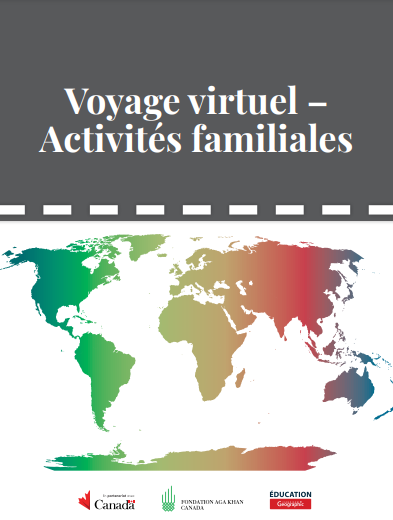Health
Aga Khan Health Services Boost Fight Against COVID-19 in Western Kenya
The fight against Covid-19 received a boost after the Aga Khan Development Network donated Personal Protection Equipment and e-health learning equipment worth to five counties in the western region of Kenya. Speaking at Kisii Teaching and Referral Hospital during the handing over ceremony, Aga Khan Chief Executive Officer Jane Wanyama said that the programme’s focus is on strengthening responses to the health, social and economic challenges Covid-19 continues to raise in Western and coastal counties of Kenya. “With the spread of the pandemic accelerating in recent months across the world and the emergency of the new Omicron variant many countries’ health systems will continue to struggle to keep up, particularly as the virus travels into more rural areas where access to health and up to date information on prevention is more challenging,” said Ms Wanyama.
Improving access to safe water in India
Raising the quality of nursing
French Medical Institute for Mothers and Children (FMIC), Kabul, Afghanistan
Aga Khan health facilities expand in Gilgit-Baltistan
Two state-of-the-art health facilities – an expansion of the Aga Khan Medical Centre in Gilgit and construction of a new Aga Khan Health Centre in Hunza – are underway to ensure continuity of quality healthcare services to the people of Gilgit-Baltistan.
CEPI funds Aga Khan University-led consortium to conduct mix-and-match trial of COVID-19 vaccines in Pakistan
The Coalition for Epidemic Preparedness Innovations (CEPI) and the Aga Khan University (AKU) announced a new collaboration to conduct a clinical trial of heterologous – or ‘mix-and-match’ – combinations of Covid-19 vaccines in Pakistan. CEPI will provide funding for the project to an international consortium led by AKU, comprising the National Institute of Health in Pakistan (NIH), University of Oxford, the International Vaccine Institute (IVI) and Harvard Medical School. "We are delighted to begin working with Dr. Qamar of the Aga Khan University, and the National Institute of Health in CEPI’s first partnership in Pakistan, in conjunction with our established partners at IVI and the University of Oxford," said Dr. Richard Hatchett, Chief Executive Officer of CEPI. Data on mix-and-match combinations of these vaccines, which are commonly used in low- and middle-income countries (LMICs), are urgently needed to contribute to the design of more flexible vaccination strategies.
Virtual Voyage Family Activities (French)

This fun activity booklet helps families with young children to explore the cultures, geographical features, and health and education challenges in six countries where the Aga Khan Foundation works – and inspires them to help care for the planet and all who live on it.
Virtual Voyage Family Activities

This fun activity booklet helps families with young children to explore the cultures, geographical features, and health and education challenges in six countries where the Aga Khan Foundation works – and inspires them to help care for the planet and all who live on it.
BMJ article features Aga Khan Development Network’s health work on potential pathways to net zero emissions
The effort to achieve universal health coverage in low-to-middle-income countries stands to significantly increase the global carbon footprint, but a new article published in the British Medical Journal – drawing on data provided by the Aga Khan Development Network – outlines how integrating carbon reduction into the delivery of universal health coverage can in fact leverage greater health gains in these countries.




